European Union bill passes to ban imports of deforestation-linked commodities
by André Schröder – MongaBay – Creative Commons
- Imports of 14 types of commodities into the European Union will soon have to be verified for possible association with deforestation in the countries in which they were produced.
- That’s the key provision in a bill passed on Sept. 13 by the European Parliament, which initially targeted soy, beef, palm oil, timber, cocoa, and coffee, but now also includes pork, lamb and goat meat, as well as poultry, corn, rubber, charcoal, and printed paper.
- The bill still needs the approval of the Council of the EU and the national parliaments of the 27 countries in the bloc, but is already considered a historic step against deforestation.
- In Brazil, experts have welcomed the bill as a means of tackling the demand-side pressures driving increasing levels of deforestation in the Amazon Rainforest, while the agribusiness lobby has denounced it as unfair.
(MongaBay) – The European Parliament has approved a bill blocking the import of “dirty commodities” by members of the European Union, in an effort to combat global deforestation.
Under the new bill, passed on Sept. 13, importing companies will be required to verify whether the products they sell within the EU market are produced in deforested areas, including the Amazon Rainforest.
The EU initially targeted six commodities whose production has long been associated with tropical deforestation: soy, beef, palm oil, timber, cocoa, and coffee. European parliamentarians, however, expanded the scope to include pork, lamb and goat meat, as well as poultry, corn, rubber, charcoal, and printed paper. Under the bill, any of these commodities found to be linked to lands deforested after Dec. 31, 2019, will be banned from import into the EU. (The initial cutoff date was Dec. 31, 2020.)
To be effective, the bill against the “importation of deforestation,” as it has been described, needs approval from the Council of the EU and the national parliaments of the 27 nations in the bloc. Nevertheless, its passage through the European Parliament — with 453 votes in favor, 57 against, and 123 abstentions — is already considered a historic step in combating the destruction of forests.
The bill doesn’t explicitly name any country as a target of the restrictions. But the measures are widely expected to affect exports from commodity-producing countries like Brazil that had pressured the EU for less restrictive terms. In late July, Brazil and 13 other commodity-exporting countries sent a letter to the European Commission, which drafted the bill, warning that the proposed restrictions could violate international trade treaties.
Commenting on the European Parliament’s decision, the Brazilian Foreign Ministry said the bill should not unduly discriminate against Brazilian agricultural and livestock products or violate the rules of the international trading system. “The Brazilian government has transmitted to the European Commission its views and concerns on the issue and remains open to maintaining dialogue in this regard,” the ministry told Mongabay in an email.

Experts say it’s clear that a central focus of the bill was always to address the deforestation of the Amazon to produce beef, soy and timber. “I see the proposal as an energetic measure from European countries to the Brazilian environmental policy,” Raoni Rajão, a professor at the Federal University of Minas Gerais (UFMG) and researcher at the Wilson Center, told Mongabay by phone.
Rajão said the new rules will force European buyers to take active responsibility by guaranteeing that goods they import into their countries are free of any association with deforestation. “It will be necessary to say where each soybean comes from. If a company buys a mix of beans from 100 farms, it has to know where those 100 farms are,” Rajão said.
To comply, companies will have to investigate their supply chains. They will need to adopt methods such as satellite monitoring, isotope testing, visiting production sites, and training suppliers. They will also have to provide authorities and consumers with access to geographical and other relevant data attesting to the origin of the products.
“Finally, Brazil can start producing without having deforestation as the main input,” Sergio Leitão, executive director of Instituto Escolhas, which advocates for sustainable economic development, told Mongabay by phone. He said the paradigm of clearing forests for new farmalnd has been broken, and Brazil will have to find ways to increase productivity on existing agricultural land. “Now, it has to be done so it doesn’t lose markets.”
After six months of the final approval, importers in the EU will collect information on the provenance of the commodities that they bring into the EU. From that information, the EU will classify exporting countries into three levels of association with deforestation: low risk, standard, or high risk. This then opens up the possibility of increasing the restrictions and tariffs on dirty products.
Another part of the bill obliges companies to verify whether the products they’re buying were produced in compliance with international human rights provisions and respects for the rights of Indigenous peoples. In the context of Brazil, this is expected to help curb the advance of ranches and farms into Indigenous territories, especially in the Amazon.
Adriana Ramos, an adviser at the Instituto Socioambiental (ISA), which advocates for the rights of Indigenous and traditional peoples, Brazilian Indigenous territories are under pressured from global demand for commodities.
“We expect a positive result,” Ramos said. “It will help us improve the performance of rural production in Brazil concerning deforestation and human rights issues, especially in relation to Indigenous peoples. Companies that want to export will be subject to checks regarding these issues.”

The European Parliament also approved additional requirements for European financial institutions to prevent loans and investments linked to deforestation.
“We are serious about fighting climate change and biodiversity loss,” Christophe Hansen, the bill’s rapporteur, said after the vote. “Recognizing that the EU is responsible for about 10% of global deforestation, we have no choice but to intensify our efforts to stop global deforestation.” The EU is the world’s third-largest importer of agricultural commodities linked to tropical deforestation and climate change, such as soy, beef and palm oil.
The Brazilian Confederation of Agriculture and Livestock (CNA) said the European bill “fails by being punitive and not integrative, with the potential to exclude several producers, especially small and medium-sized ones, who don’t currently have the technical or financial capacity to implement traceability measures.” In a statement to Mongabay, the organization said the bill “is incompatible with several fundamental rules of international trade.”
“It is an absurdly unilateral diplomatic negotiating offensive that violates World Trade Organization rules and abandons the logic of cooperation to adopt sanctions and embargoes,” Caio Carvalho, president of the Brazilian Agribusiness Association (Abag), told Mongabay by phone. “It is madness, an aggressive and unmeasured posture.” He said that the affected countries need an organized reaction because the international rules are on the exporting countries’ side. “Brazil has legal deforestation laws that need to be accepted. And to combat illegal deforestation, we have to work cooperatively. The debate about deforestation has been a politicized narrative,” Carvalho said.
The agribusiness caucus in Brazil’s Congress noted that not all agriculture-driven deforestation is illegal: domestic law allows up to 20% of a farm or ranch in the Amazon to be cleared for agricultural production. “All agricultural and ranching production established legally, following the parameters determined by the Forest Code, does not accept embargoes or restrictions of any nature,” the agribusiness caucus said in an emailed statement to Mongabay.
Rajão, the UFMG professor, said the bill offers a model to be followed by other countries that import commodities from Brazil.
“Maybe even China can adopt it in the future,” he said. “It is an international trend. What Europe is doing should become standard, with great impacts on Brazil because we estimate that 20% of the soybean exported to the European Union is linked to deforestation.”
He added that breaking the vicious circle that has been in force for a long time in the country is essential. “Nobody deforests for landscaping. The areas being cut down today will be part of the soybean export chain in five or 10 years. This is occurring with lands that are now consolidated for soy, which a few years ago were areas of recent deforestation,” Rajão said.
“The approval shows that European citizens are at this time enforcing something we have seen growing: an awareness of climate change,” said Leitão from the Instituto Escolhas. “This legislation is a translation of this concern, a victory for citizenship, planetary consciousness, and respect for the environment.”
Banner image: The bill that affects imports of 14 types of commodities into the European Union was passed on Sept. 13 by the European Parliament and is widely recognized as a historical step to halt deforestation. Photo licensed under CC-BY-4.0: © European Union 2022– Source: EP
FEEDBACK: Use this form to send a message to the author of this post. If you want to post a public comment, you can do that at the bottom of the page.
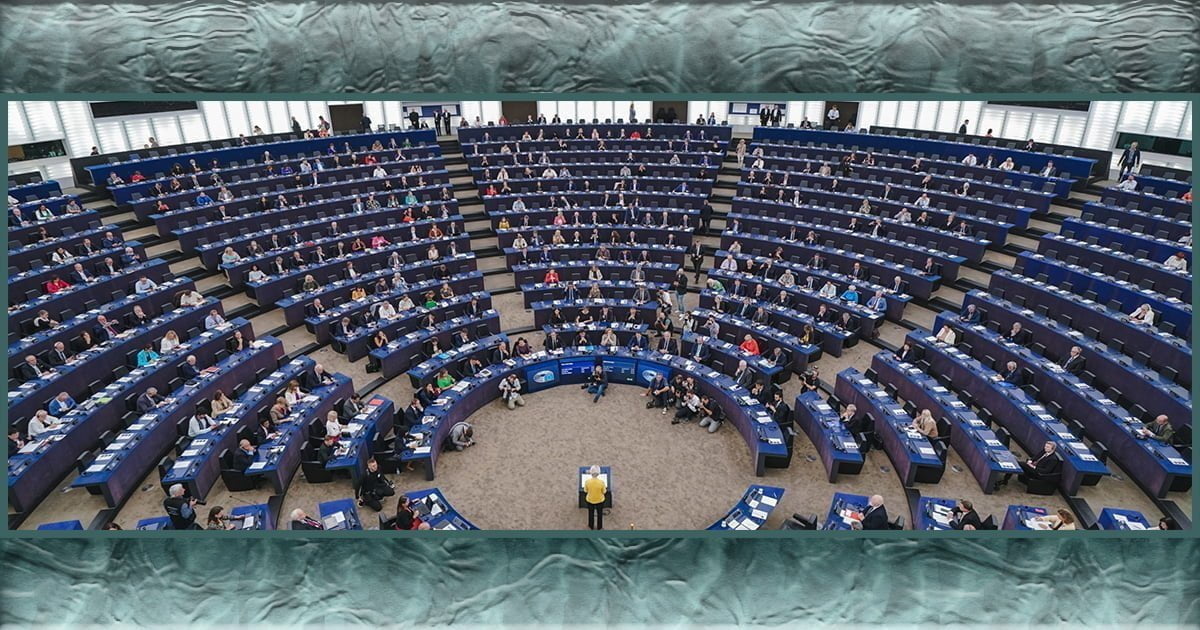
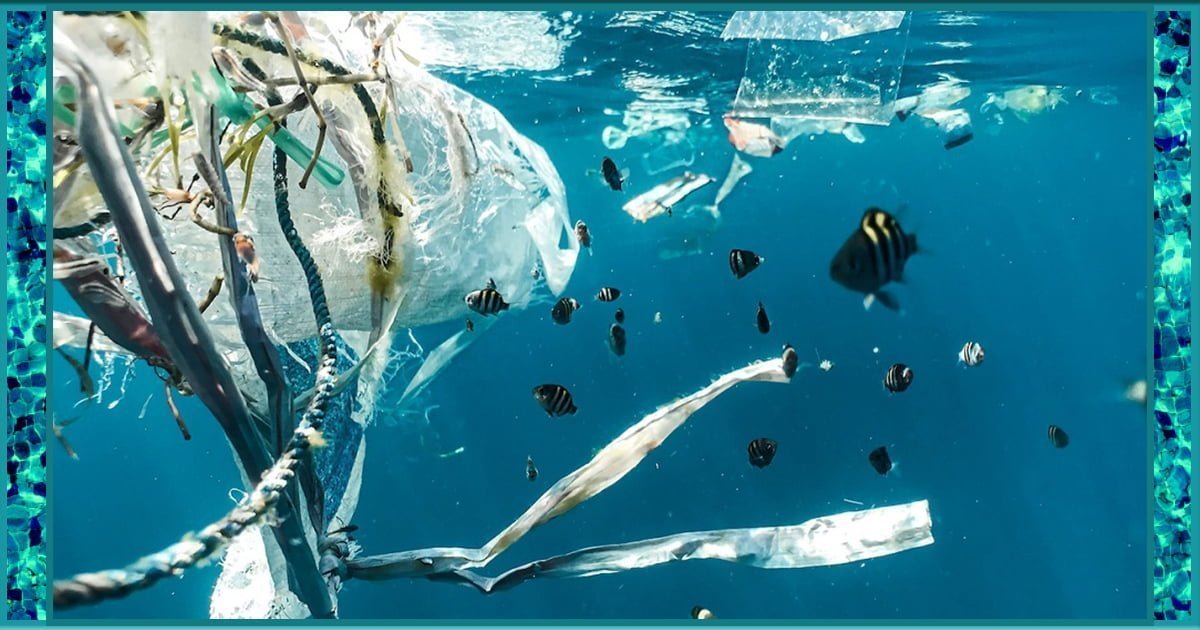
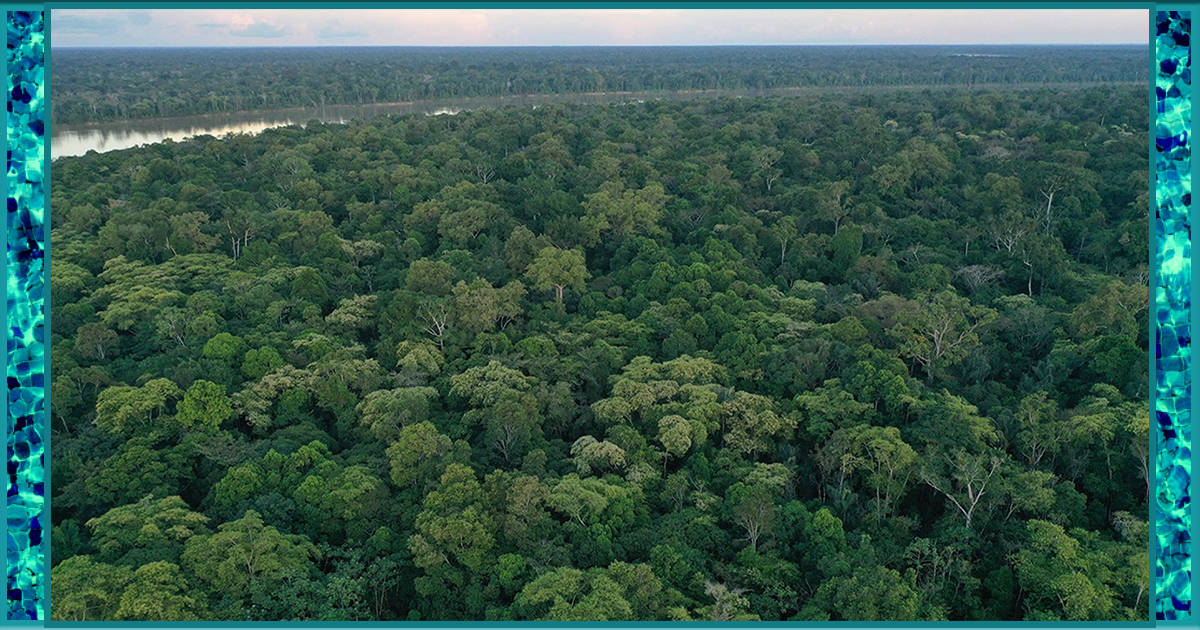
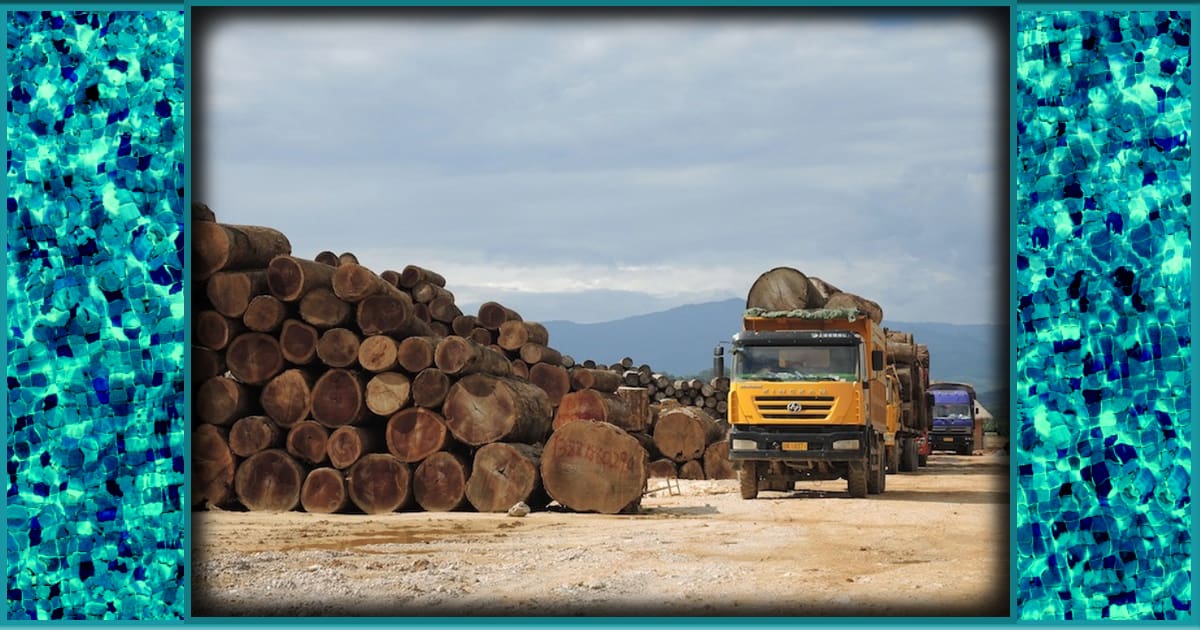

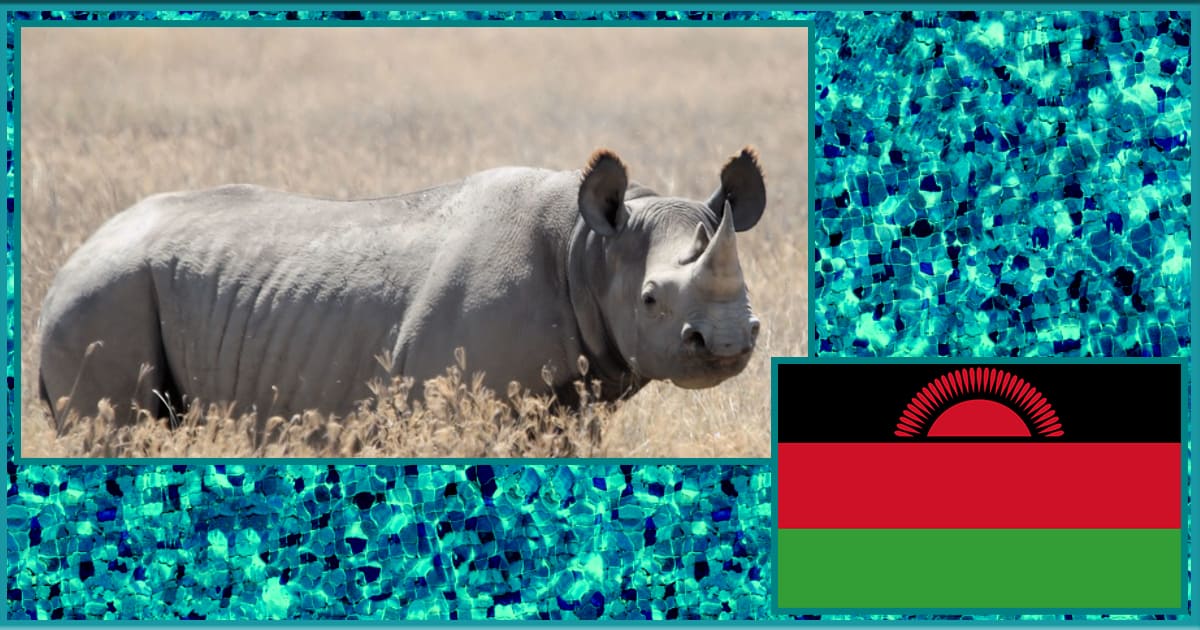
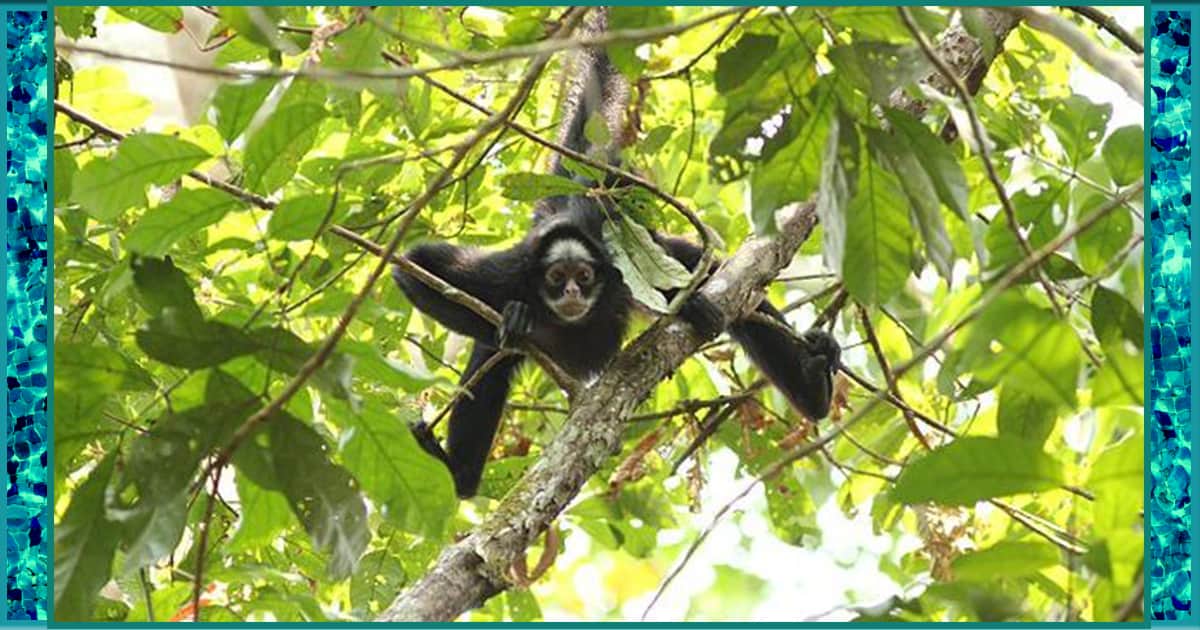
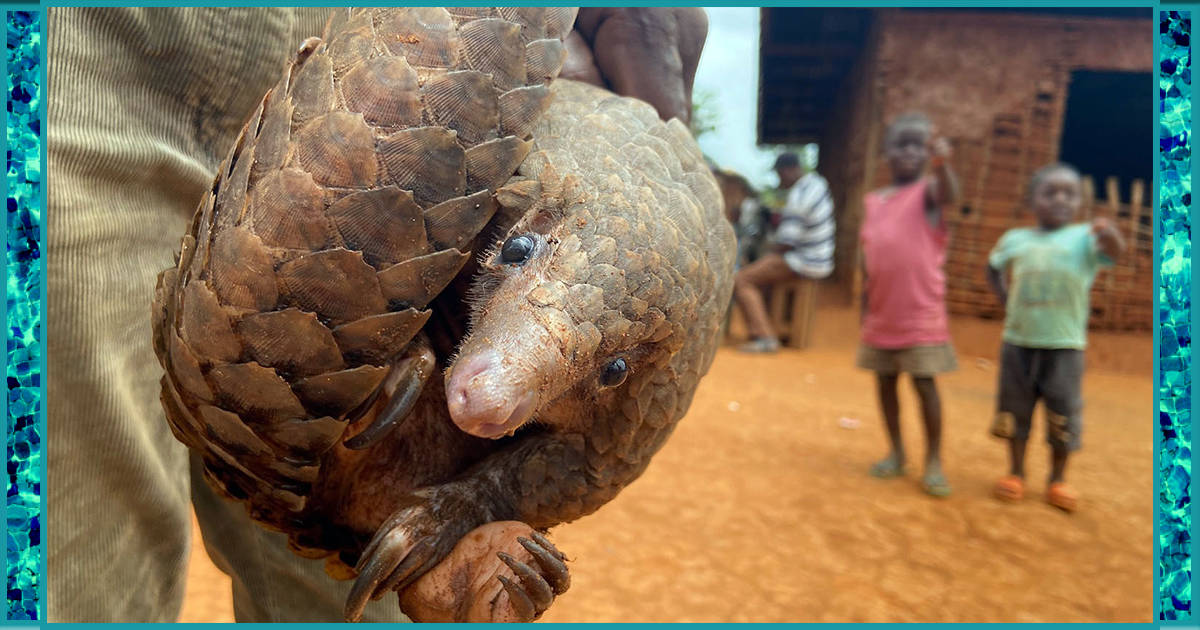
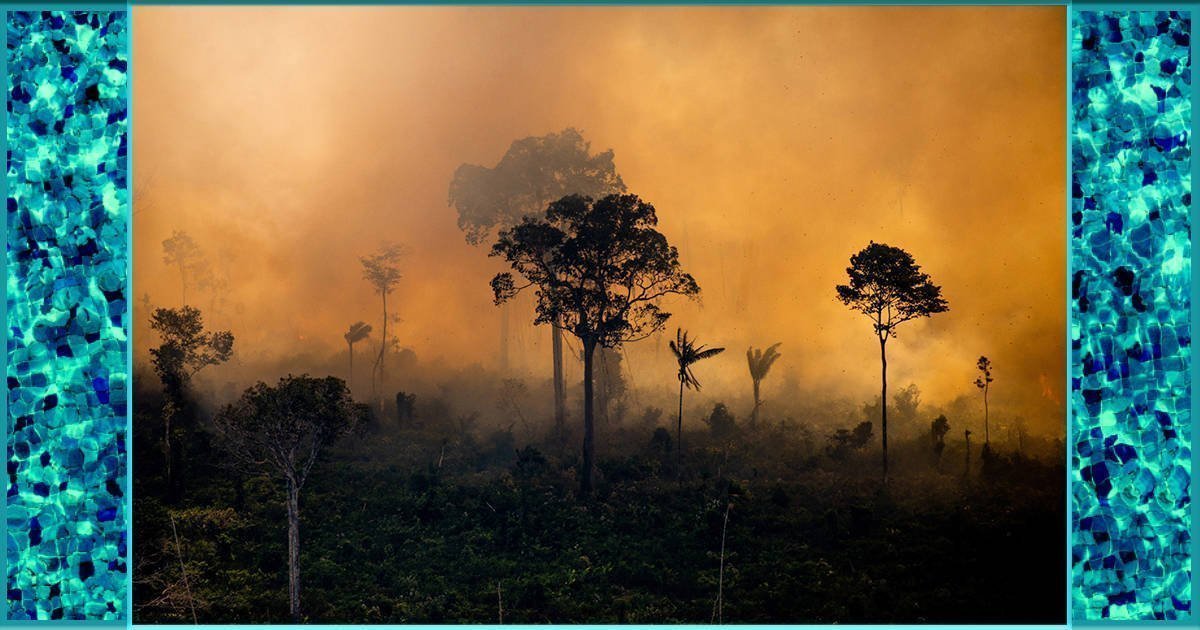
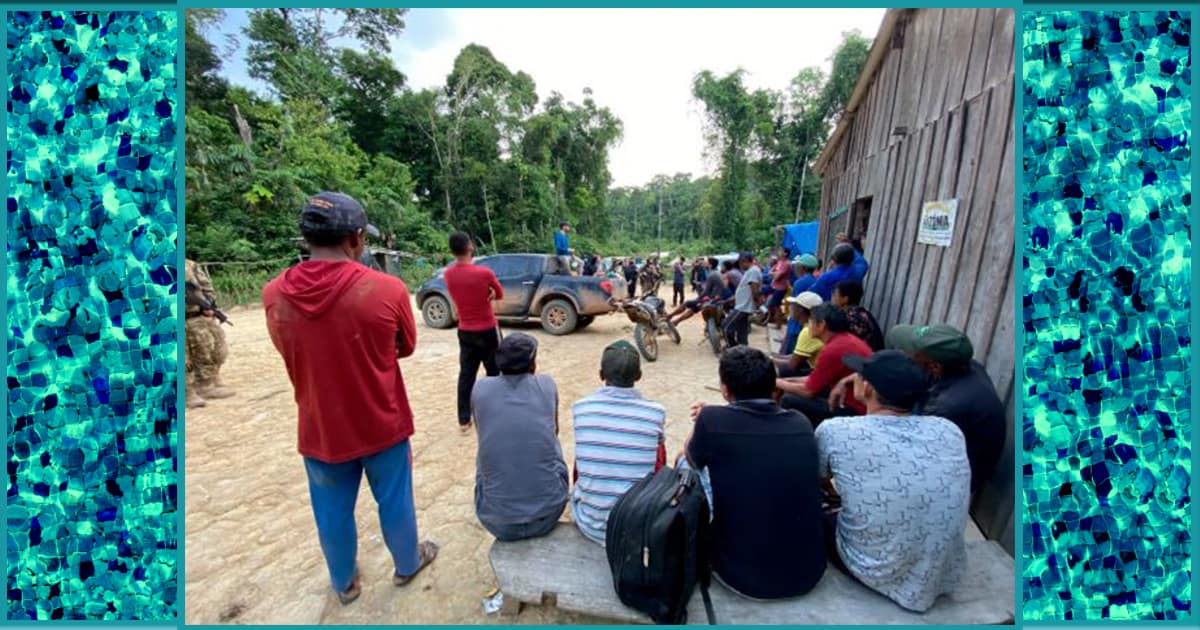
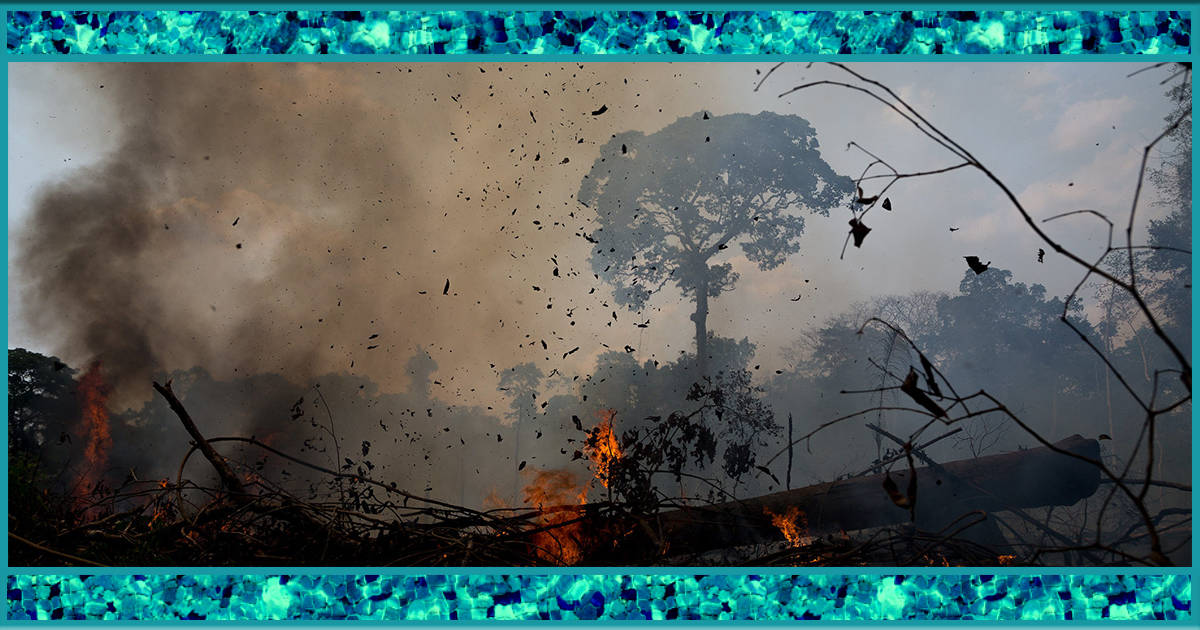
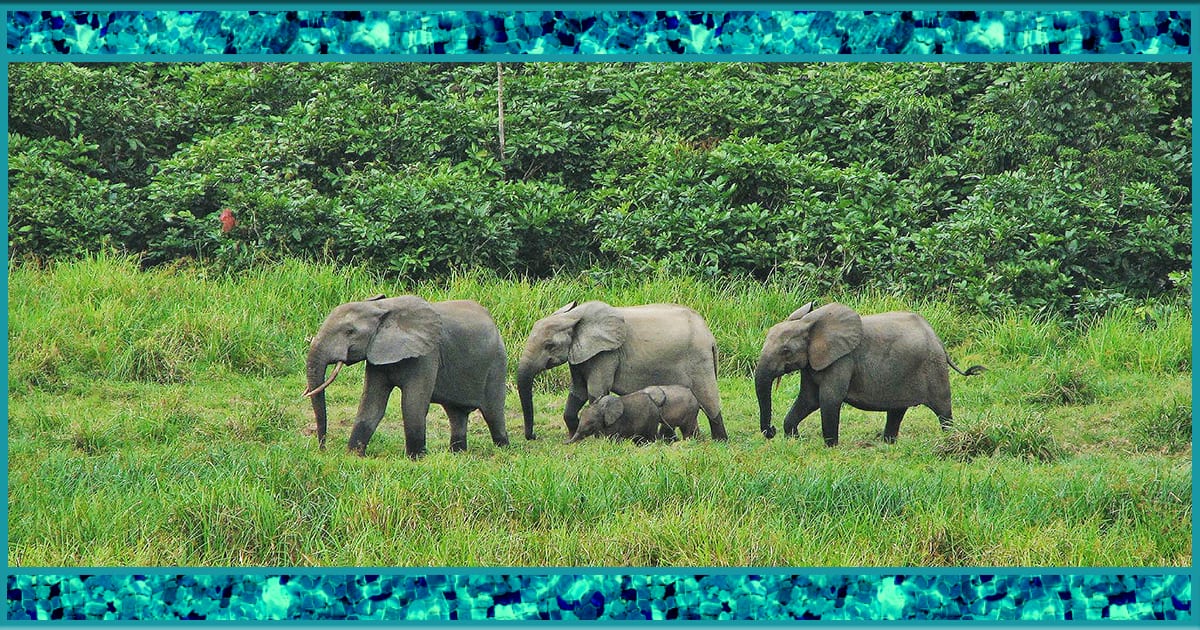
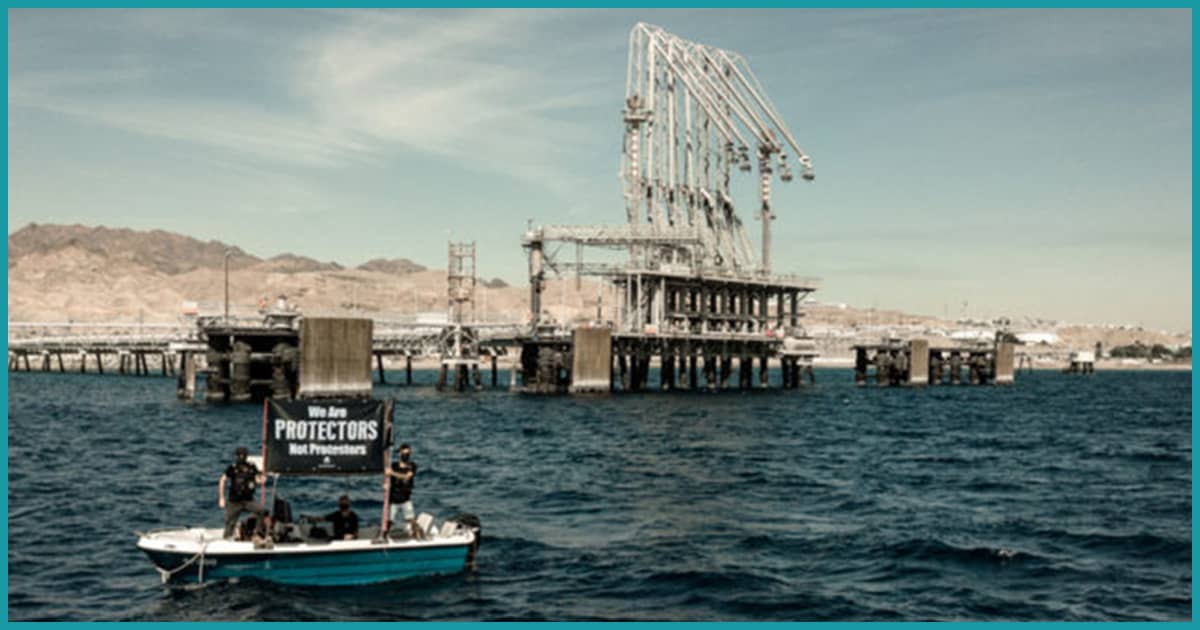

Except palm oil obviously. Got to keep the fuels coming in